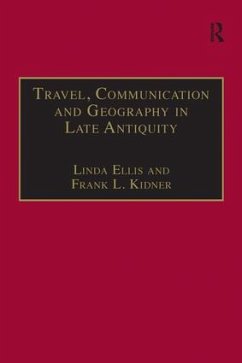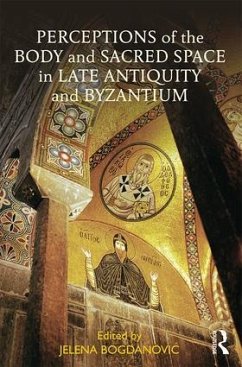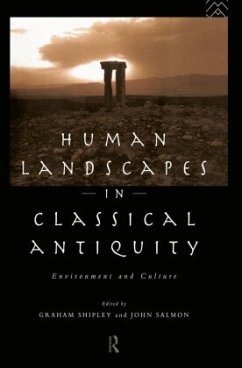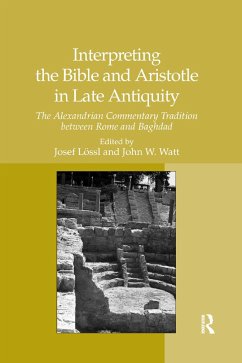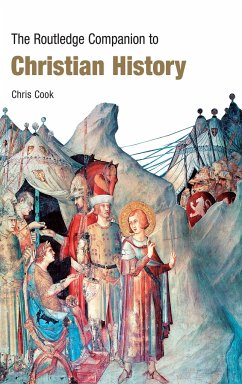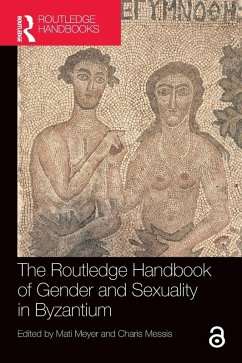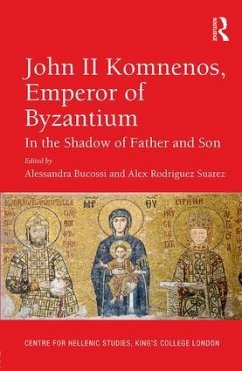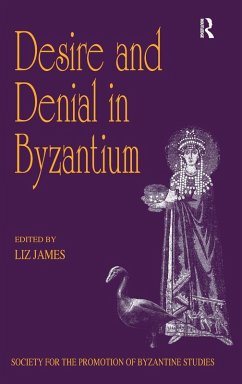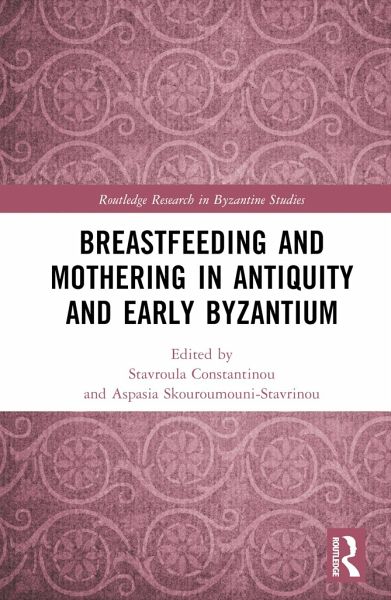
Breastfeeding and Mothering in Antiquity and Early Byzantium
Versandkostenfrei!
Versandfertig in 1-2 Wochen
187,99 €
inkl. MwSt.
Weitere Ausgaben:

PAYBACK Punkte
94 °P sammeln!
This volume offers the first comparative, interdisciplinary, and intercultural examination of the lactating woman - biological mother and othermother - in antiquity and early Byzantium. Adopting methodologies and knowledge deriving from a variety of disciplines, the volume's contributors investigate the close interrelationship between a woman and her lactating breasts, as well as the social, ideological, theological, and medical meanings and uses of motherhood, childbirth, and breastfeeding, along with their visual and literary representations. Breastfeeding and the work of mothering are explo...
This volume offers the first comparative, interdisciplinary, and intercultural examination of the lactating woman - biological mother and othermother - in antiquity and early Byzantium. Adopting methodologies and knowledge deriving from a variety of disciplines, the volume's contributors investigate the close interrelationship between a woman and her lactating breasts, as well as the social, ideological, theological, and medical meanings and uses of motherhood, childbirth, and breastfeeding, along with their visual and literary representations. Breastfeeding and the work of mothering are explored through the study of a great variety of sources, mainly works of Greek-speaking cultures, written and visual, anonymous and eponymous, which were mostly produced between the first and the seventh century AD. Due to their multiple interdisciplinary dimensions, ancient and early Byzantine lactating women are approached through three interconnected thematic strands having a twofold focus: society and ideology, medicine and practice, and art and literature. By developing the model of the lactating woman, the volume offers a new analytical framework for understanding a significant part of the still unwritten cultural history of the period. At the same time, the volume significantly contributes to the emerging fields of breast and motherhood studies. The new and significant knowledge generated in the fields of ancient and Byzantine studies may also prove useful for cultural historians in general and other disciplines, such as literary studies, art history, history of medicine, philosophy, theology, sociology, anthropology, and gender studies.





